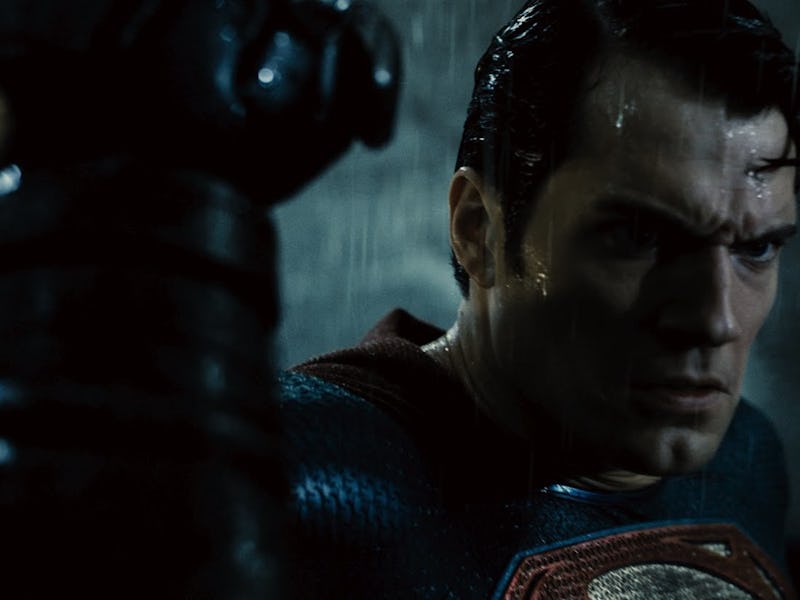'Batman v Superman' v. Psychology: Fans Ignore Movie Critics but Theaters Don't
We'll see anything until the crowd turns against it.

The superhero epic Batman v. Superman is doing very badly or very well, depending on how you look at it. The nicest thing most film reviewers could muster was a textual shrug, though many just went ahead and panned the thing, leading to a 29 percent score on Rotten Tomatoes, which is exactly four percent better than My Big Fat Greek Wedding 2 for those keeping track. On the other hand, the filmmakers will be able to wipe away their tears with hundred dollar bills. The movie is making bank.
When a movie one writer memorably described as 153 minutes of Zach Snyder “whacking two dolls together” makes $170 million in North America on its opening weekend (the sixth largest opening of all time) one has to wonder if its the critics, not the heroes, that have lost their punch. Does anyone really care about reviews anymore? Psychological studies indicate that the answer is complicated, and hard to measure in receipts.
The film is ranked fourth highest grossing among comic-book adaptations.
The initial box office is explainable without discussing the filmgoer psyche. Pre-sales accounted for a considerable amount of the early haul so reviews only began to matter a week later, when box office sales took a 69 percent drop, causing some industry types to wonder if it would cross the $1 billion mark or recoup expenses.
But, again, that drop is hard to trace to critics as opposed to friends and friends of friends. Still, those early, negative reviews will affect the bottom line. Studies show that film critics have a powerful influence on exhibitors: Data sets reveal that movies with excellent reviews have a better chance at staying at a theater longer and being picked up for greater distribution. But when it comes to impact on cinema attendance critics are typically just part of a group of complementary influencers including marketing from the production company and word of mouth from early viewers.
We can refine the question a bit: How much do other people’s opinions about movies affect individual’s decisions to attend them or not? Researchers say that there are two main drivers of opinion, the experts and the majority. The role of the expert is often played by opinionated friends, but critics can move the majority opinion. Columns in major publications are often seen as an institutional and thus mass rather than individual response to films (thus the title of publications in poster blurbs). And humans — even your friend who likes death metal — tend to follow the crowd. Individuals adapt their behaviors, revise their judgments, and make decisions based on the observations of others.
A 2014 study in the Journal of Academic Marketing Science looked at how influential tweets were when it came to determining movie attendance. The researchers went through millions of tweets and came across 698 people who could remember seeing a tweet that was so influential that it prevented them from going to a movie they had previously wanted to see. These were people who self-described as “strongly interested in movies” — on average they put themselves on a score of 6.4 out of 7 (the scale being how much they liked movies) and 79 percent of them went to the movies at least once a month. Still, one tweet would seduce them away from a night at the movies — even though 98 percent of the survey subjects couldn’t even remember what the tweet said.
Not to say that group judgment is infallible. The concept of the “wisdom of the crowd” has proven to be real but the crowd gets very dumb, very quickly if people know each other’s opinions. The classic theory proposed by Francis Galton says that if you take everyone’s opinion and average those out, you’ll get the best opinion. But updated studies found that even mild social influence can undermine the crowd’s wisdom. You’ll still see Batman v Superman even though you know it will probably be awful.
And Sad Ben Affleck knew that we wouldn’t give a shit the whole time.
“What is really going to matter, I believe, is what the audience says,” Affleck told Yahoo. “Because they’re the ones who are buying tickets. They’re the ones who want to see more of this kind of story or not and so the audience’s voices is the loudest.”